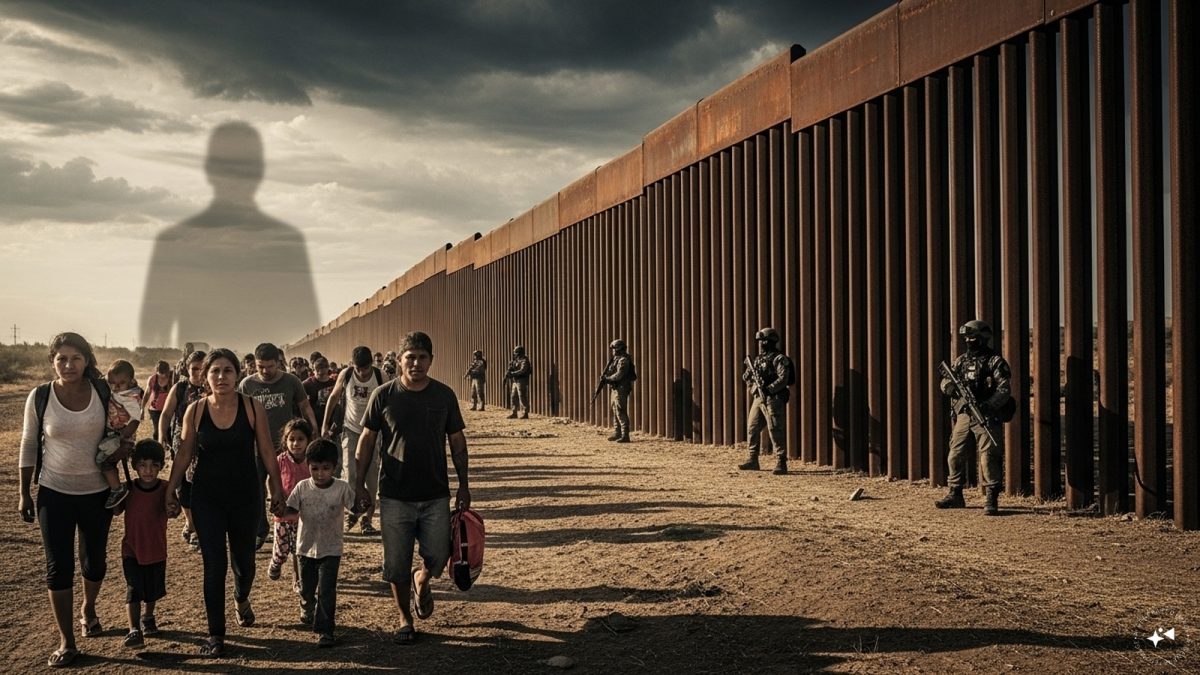In a move drawing sharp criticism from both state leaders and historians, US President Donald Trump has deployed 400 National Guard troops from Texas to Chicago, Illinois, citing immigration concerns and law-and-order objectives.
The deployment follows a federal judge’s refusal to block the troops after lawsuits from the city and state sought to prevent their arrival. While Trump framed the action as a necessary crackdown on immigration and urban crime, critics quickly drew historical parallels, arguing that the president is reviving tactics reminiscent of 19th-century America.
Historical echoes of military action
Observers note a striking historical resonance: in 1861, during the US Civil War, Union troops led by President Abraham Lincoln, an Illinois native, launched operations against Confederate forces in Texas.
Historians point out that Lincoln’s use of military force in the conflict, while constitutionally justified, left a long shadow in American political memory, one now echoed in Trump’s controversial deployments.
The legal basis for the current troop movement rests on the Insurrection Act of 1807, a rarely invoked federal law that authorises the president to deploy the US military and federalise the National Guard to suppress civil disorder, insurrection or rebellion.
Legal analysts stress that the law was designed for extreme situations, such as uprisings or insurrections, rather than routine enforcement of immigration policies.
Trump’s modern military manoeuvre
In deploying troops to Chicago, Trump appears to be reviving a form of executive authority that many believe is anachronistic. The president has repeatedly cited immigration enforcement and civil unrest as justification for using federal forces, echoing language used during previous National Guard deployments under his administration, such as in Memphis and Washington, D.C.
Illinois Governor, commenting on the deployment, criticised the move as the product of Trump’s personal fixations, suggesting that the decision reflects “dementia” and an unhealthy obsession with border and immigration issues.
Impact Shorts
More Shorts“The people of Chicago do not need troops in their streets based on a president’s vendettas,” the governor said, highlighting local resistance to the intervention.
Legal and political controversy
The deployment has provoked immediate legal challenges and public debate. Chicago and Illinois officials filed lawsuits arguing that the movement of National Guard troops violates local governance rights and constitutes an overreach of federal power.
However, the court’s ruling allowed the troops to enter the city, setting the stage for a tense standoff between federal and state authorities.
Political analysts argue that the action also underscores Trump’s strategy of relying on centuries-old legal instruments to achieve contemporary political aims. From the Alien Enemies Act of 1798 to the Insurrection Act, Trump has frequently turned to antiquated laws, originally designed for scenarios such as wartime deportations or insurrections to justify modern policy measures on immigration, national security, and law enforcement.
Public reaction and historical comparison
The optics of troops arriving in a major urban centre have unsettled many Americans, drawing criticism from historians and legal scholars alike. Commentators note that the parallels with the 19th century when military force was often invoked to resolve political disputes raise questions about executive overreach and the militarisation of civil policy.
While Trump’s supporters argue the National Guard presence is necessary to uphold law and order, detractors say the approach risks militarising domestic policy and undermining constitutional norms.
Some observers have described the move as a throwback to early American crises, when federal power was deployed selectively and often controversially, highlighting the tension between executive authority and local governance.
Implications
Legal scholars warn that invoking the Insurrection Act for immigration-related objectives could set a troubling precedent, potentially empowering future presidents to deploy troops in cities for political purposes.
Civil liberties advocates emphasise that while the law exists, its use must be carefully constrained to avoid blurring the line between military enforcement and civilian governance.
As Trump positions himself at the centre of a new immigration war, the deployment in Chicago may serve as both a political signal to his base and a test case for how far federal authority can extend over states and cities.
For now, Americans are witnessing a dramatic intersection of 19th-century legal instruments with 21st-century political battles, raising questions about the direction of US governance under the president’s influence.
)